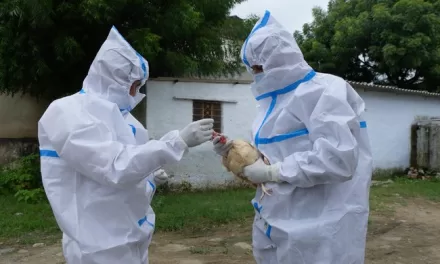
Across the world, people with epilepsy continue to be the targets of stigma, discrimination, and human rights violations. As a result, they frequently face barriers to education and employment and are effectively prevented from full participation in social and community life.
“Given epilepsy has significant personal, health, economic and social inclusion consequences for people living with the disorder and for their families and communities, the response should not be anything less than integrated, comprehensive and engaging all of society,” said Dévora Kestel, WHO Director for Mental Health and Substance Use.
Treatment gap for epilepsy
Many people with epilepsy do not receive the necessary treatment to control their seizures and the treatment gap exceeds 75% in most low-income countries and 50% in most middle-income countries. This gap results from a combination of lack of capacity in health-care systems, inequitable distribution of resources, the low priority accorded to epilepsy care and people not seeking diagnosis or treatment due to lack of awareness and stigmatization.
Yet, epilepsy is highly treatable – over 70% of those who have the disorder could live seizure free if they had access to appropriate antiseizure treatment, which can cost as little as US$5 a year.
Integrating epilepsy in primary health care
To ensure people with epilepsy get the diagnoses, care and treatment they need, the new brief sets out the case for tackling the burden of epilepsy through better integration in primary health care systems.
It outlines concrete actions, grouped under the 11 dedicated levers first introduced by the Operational framework for primary health care to address the treatment gap, strengthen services and promote a person-based, human rights approach that meets the multifaceted needs of people with epilepsy.
In summary, the brief highlights the importance of:
- providing integrated services across the life-course, particularly at the primary care level;
- improving access to anti-seizure medicines;
- supplying resources and training to the health and social workforce;
- combating stigma and discriminatory legislation and practices; promoting and respecting the human rights and full social inclusion of people with epilepsy, their families and carers.
The epilepsy technical brief is intended for use by a broad range of stakeholders. Governments, policymakers, and programme managers in Ministries of health, social protection, education, human rights and other sectors at national and local levels can implement the proposed actions to restructure and strengthen their approach and services.
The levers and corresponding actions along with the linked resources will also be useful in guiding planning and programming by civil society groups, professional associations, academic institutions, organizations of people with epilepsy and their families and carers, and development partners.











